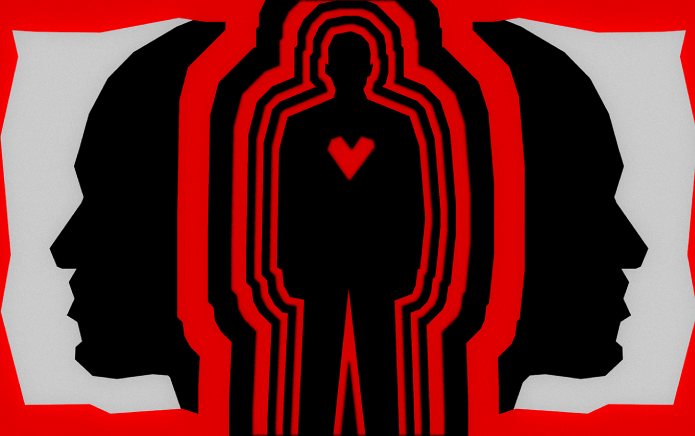History of homosexuality in Uganda
Like everywhere else, African people have historically expressed a diversity of sexualities. In the 16th Century, homosexuality in Africa was witnessed by European missionaries and colonial agents whose reports were used to reinforce the notion of so-called ‘primitive’ African societies in need of Christian ‘cleansing’.
Rather than importing homosexuality to their colonial conquests, Christian and Islamic forces fought to eradicate it. By challenging our indigenous social and spiritual systems, they demonised homosexuality in Africa, paving the way for the criminalisation that prevails today.
One of the best-known examples of this in pre-colonial Uganda occurred in the kingdom of Buganda. In the late 19th century, the area was ruled by Kabaka Mwanga II, who was considered to be a bisexual or gay man. Viewing Christianity as a potential threat to his rule, and disgruntled by the religion’s anti-homosexual stance, he ordered the deaths of 45 of his male pages.
However, by 1897, he had been forced to accept Buganda becoming a Protectorate of the British and was exiled to the Seychelles. While in exile, he was coerced into the Anglican Church by way of a forced baptism and given the name Daniel. He is noted to have died in the Seychelles on 8 May 1903 at 35 years of age as a result of torture by British soldiers.
While people in pre-colonial Uganda had varied attitudes towards gender and sexual diversity, Britain traditionally had a more negative stance. In England, laws criminalising homosexuality dated back to 1533 – when King Henry VIII passed the Buggery Act 1533 making all male homosexual activity punishable by death.
There were other, earlier, cases of queerness being harshly chastised in the UK, such as the 1337 torture of Hugh Despenser the Younger. Despite being executed for the crimes of high treason, an account of his execution by 14th Century historian Froissart states that his penis was severed and burned as an additional punishment for sodomy and heresy.
Christianity as cultural imperialism
Christianity acts as a neo-imperial force in different African countries as, structurally, the religion is woven into the fabric of many social amenities.
When missionaries establish a church, they establish a school and a hospital – all of which receive taxpayer support but are run on the values of the church. Over time, these values have been weaponised to replace African values and culture, as sought by the architects of colonisation.
Church or faith foundations own a large portion of public schools, hospitals and, now, media organisations such as television and radio stations. Over the last twenty years, these institutions have provided avenues to spread homophobia, influence policymakers and deny LGBTQIA+ individuals access to education and lifesaving healthcare services.
Religion is a gift from the colonial era that keeps giving. In 2024, it remains the foundational pillar of homophobia upon which anti-gay legislations like the AHA are built.
The Ugandan LGBTQIA+ Movement
It is a closely held belief of mine that LGBTQIA+ individuals and the corresponding social movement will change the landscape of human rights in Uganda and the African content.
In the last 21 years, within the Ugandan movement, activists have pushed back against growing political and religious-backed homophobia. This has ensured that LGBTQIA+ people have safe access to treatment and care services and that legislation like the AHA does not go unchallenged in the courts of law.
Our persistent spirit is summarised well by the words of Frank Mugisha, the Ugandan LGBTQIA+ advocate and Executive Director of Sexual Minorities Uganda: “We are driven by a strong conviction [that] we are part of a larger story of global human rights and we will not give up until we have built a future we deserve.”
